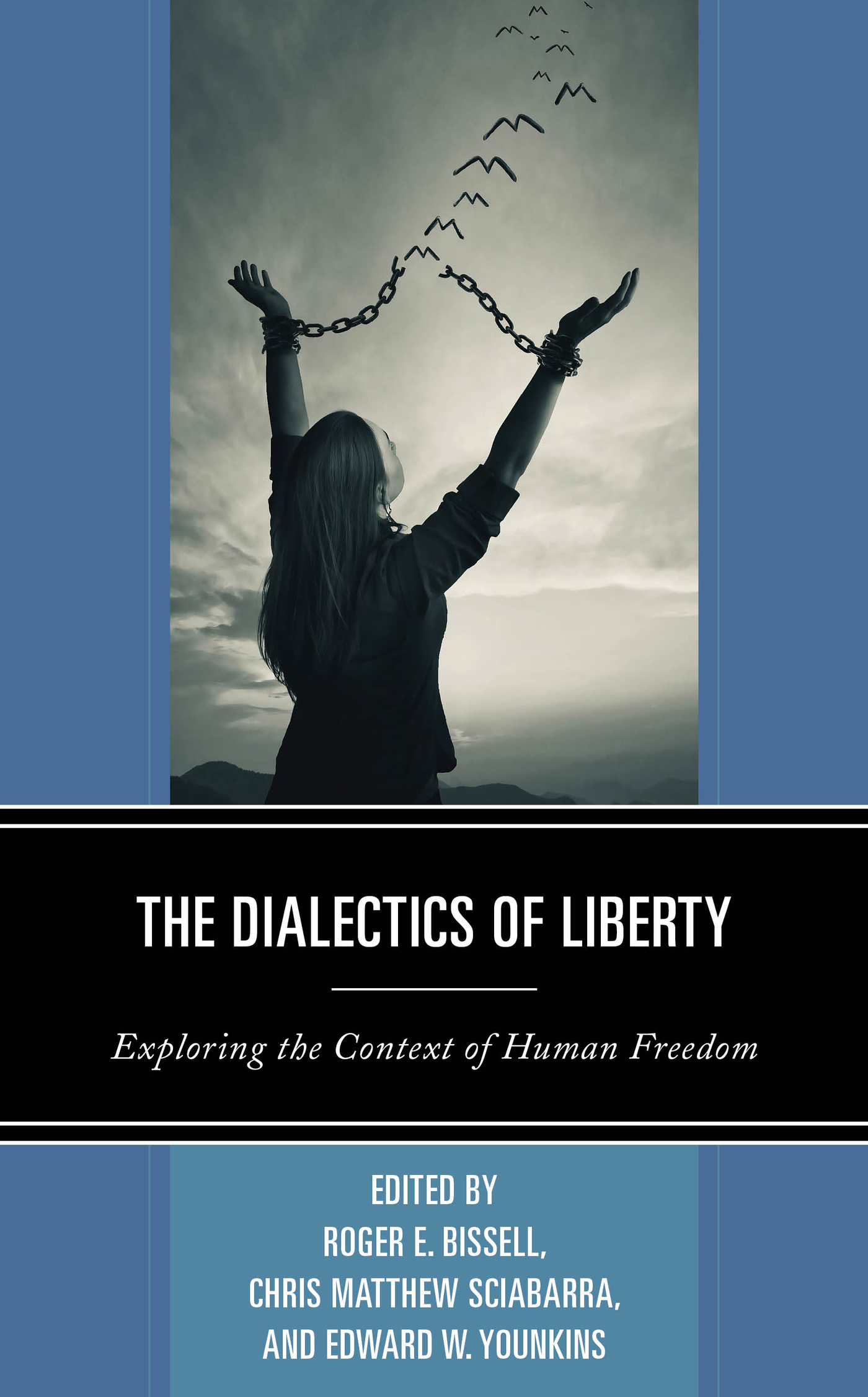The Dialectics of Liberty
Capitalist Thought: Studies in Philosophy,
Politics, and Economics
Series Editor: Edward W. Younkins, Wheeling Jesuit University
Mission Statement
This book series is devoted to studying the foundations of capitalism from a number of academic disciplines including, but not limited to, philosophy, political science, economics, law, literature, and history. Recognizing the expansion of the boundaries of economics, this series particularly welcomes proposals for monographs and edited collections that focus on topics from transdisciplinary, interdisciplinary, and multidisciplinary perspectives. Lexington Books will consider a wide range of conceptual, empirical, and methodological submissions, Works in this series will tend to synthesize and integrate knowledge and to build bridges within and between disciplines. They will be of vital concern to academicians, business people, and others in the debate about the proper role of capitalism, business, and business people in economic society.
Advisory Board
Doug Bandow | Samuel Gregg | Douglas B. Rasmussen |
Walter Block | Stephen Hicks | Chris Matthew Sciabarra |
Douglas J. Den Uyl | Steven Horwitz | Aeon J. Skoble |
Richard M. Ebeling | Stephan Kinsella | C. Bradley Thompson |
Mimi Gladstein | James Otteson | Thomas E. Woods |
Recent Books in Series
Capitalism and Commerce in Imaginative Literature: Perspectives on Business from Novels and Plays, edited by Edward W. Younkins
Pride and Profit: The Intersection of Jane Austen and Adam Smith, by Cecil E. Bohanon and Michelle Albert Vachris
The Seen, the Unseen, and the Unrealized: How Regulations Affect Our Everyday Lives, by Per L. Bylund
Global Economics: A Holistic Approach, by Clifford F. Thies
On the Private and Public Virtues of an Honorable Entrepreneur: Preventing a Separation of the Honorable and the Useful, by Felix R. Livingston
Perspectives on Ayn Rands Contributions to Economic and Business Thought, by Edward W. Younkins
The Dialectics of Liberty: Exploring the Context of Human Freedom, edited by Roger E. Bissell, Chris Matthew Sciabarra, and Edward W. Younkins
The Dialectics of Liberty
Exploring the Context of Human Freedom
Edited by Roger E. Bissell,
Chris Matthew Sciabarra,
and Edward W. Younkins
LEXINGTON BOOKS
Lanham Boulder New York London
Published by Lexington Books
An imprint of The Rowman & Littlefield Publishing Group, Inc.
4501 Forbes Boulevard, Suite 200, Lanham, Maryland 20706
www.rowman.com
6 Tinworth Street, London SE11 5AL, United Kingdom
Copyright 2019 by The Rowman & Littlefield Publishing Group, Inc.
All rights reserved. No part of this book may be reproduced in any form or by any electronic or mechanical means, including information storage and retrieval systems, without written permission from the publisher, except by a reviewer who may quote passages in a review.
British Library Cataloguing in Publication Information Available
Library of Congress Cataloging-in-Publication Data Available
ISBN 978-1-4985-9209-3 (cloth : alk. paper)
ISBN 978-1-4985-9210-9 (electronic)
 TM The paper used in this publication meets the minimum requirements of American National Standard for Information Sciences Permanence of Paper for Printed Library Materials, ANSI/NISO Z39.48-1992.
TM The paper used in this publication meets the minimum requirements of American National Standard for Information Sciences Permanence of Paper for Printed Library Materials, ANSI/NISO Z39.48-1992.
List of Captions
Introduction
Roger E. Bissell, Chris Matthew Sciabarra,
and Edward W. Younkins
This collection of essays explores the ways in which liberty can be more effectively defended by use of a dialectical method, ways in which dialectic (as characterized in the title of Bhaskars 1993 book) is the pulse of freedom. Such a defense calls for a new, radical way of thinking, one that asks and answers fundamental and crucial questions about the context of liberty, about the complex forces generating, nourishing, and sustainingor blocking, starving, and depletinghuman freedom. It requires a mode of analysis devoted to exploring the integrated principles, meaning, and promise of liberty, to grasping the full context, the totality, of philosophical, cultural, and social factors required for, as well as those that jeopardize, the survival and flourishing of that freedom.
We are radicals for liberty, and we are summoned to such radicalism from across the spectrum, whether by Marxs pithy aphorism To be radical is to grasp things by the root ([1843] 2000, 52)or by Hayeks no less eloquent reminder, [W]e are bound all the time to question fundamentals; it must be our privilege to be radical ([1956], 167)or by Goldwaters unforgettable maxim, I would remind you that extremism in the defense of liberty is no vice! And let me remind you also that moderation in the pursuit of justice is no virtue! (1964).
In short, the subject of this collection is the conjoining of dialectics and liberty: dialectical libertarianism, in many of its varied applicationsor, as one of our co-editors, Chris Matthew Sciabarra (2000) puts it, the reclaiming of radical social theorizing in the name of liberty (1). By integrating these two vitally important ideas, Sciabarra says, dialectics is rescued from those who view it as a totalitarian tool, just as libertarianism is rescued from those who view it as an extension of their fragmented, atomistic view of reality.... [D]ialectics is connected inextricably to the notion of freedom, and libertarianism is connected inextricably to the notion of totality (2).
This marriage of the art of context-keeping and the study of human freedom did not become a fully identified paradigm until late in the twentieth century, when Sciabarra identified it as such and showed in his writings that dialectics was neither the birthright of Marxists nor the deadly bane of libertarians (2017, 322). Prior to his Dialectics and Liberty Trilogy (Sciabarra 1995; [1995] 2013; 2000), dialectics as a radical mode of social analysis had historically been associated with Marxism and socialist views, while libertarianism was dismissed by those Marxists and socialists as atomistic, ahistorical, and undialectical. Sciabarra, however, marshaled voluminous and undeniable evidence to document his thesis that the dialectical libertarian perspective was already alive and well in early classical liberalism and Austrian economics, as well as in aspects of the works of key thinkers in the modern libertarian tradition, such as Ludwig von Mises, Friedrich Hayek, Ayn Rand, Murray Rothbard, and others. As he wrote in Total Freedom, This book, and the trilogy of which it is a part, are proof of the existence of dialectical libertarians (2000, 388).
And so, we proudly add, is this volume. As will be clear to the reader, its contributors, having been inspired by the modern libertarian thinkers already mentioned, are among the next generation who occupy the cutting edge of libertarian scholarship... armed with a multidimensional, integrated approach [and who] are moving libertarianism into the pantheon of radical social theory (14). It will also become apparent that, as Sciabarra had hoped, his own efforts in supplying a historical foundation to [the] project [of human liberty] have indeed encouraged

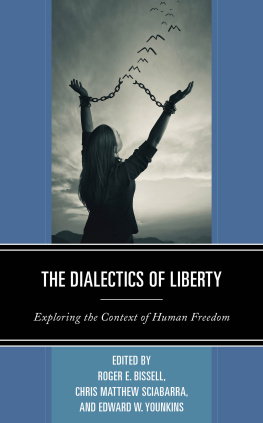

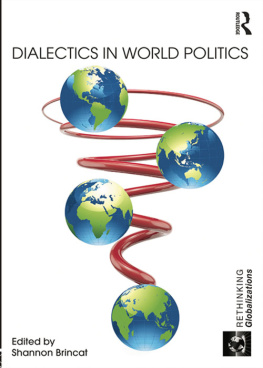

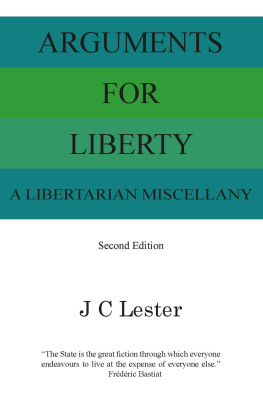
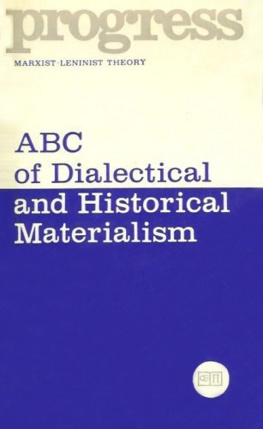

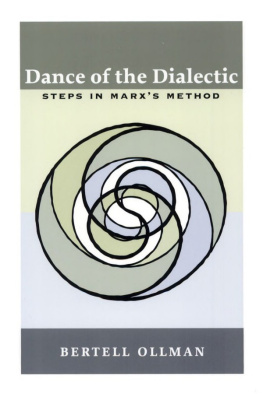
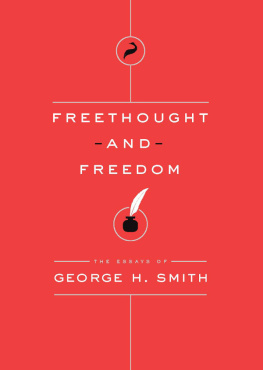
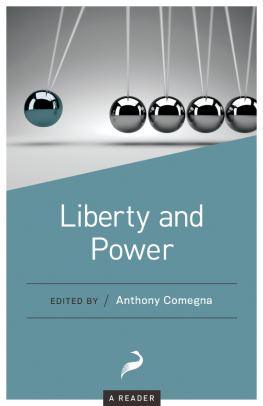
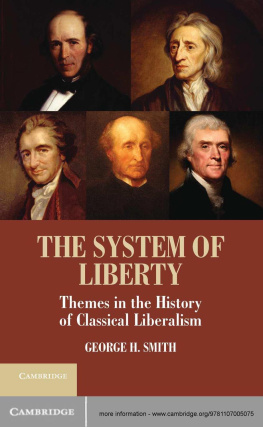
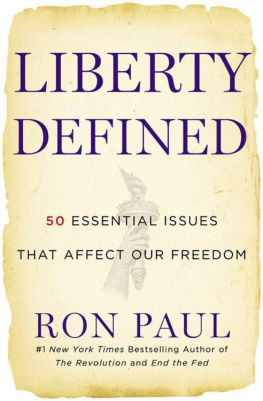
 TM The paper used in this publication meets the minimum requirements of American National Standard for Information Sciences Permanence of Paper for Printed Library Materials, ANSI/NISO Z39.48-1992.
TM The paper used in this publication meets the minimum requirements of American National Standard for Information Sciences Permanence of Paper for Printed Library Materials, ANSI/NISO Z39.48-1992.